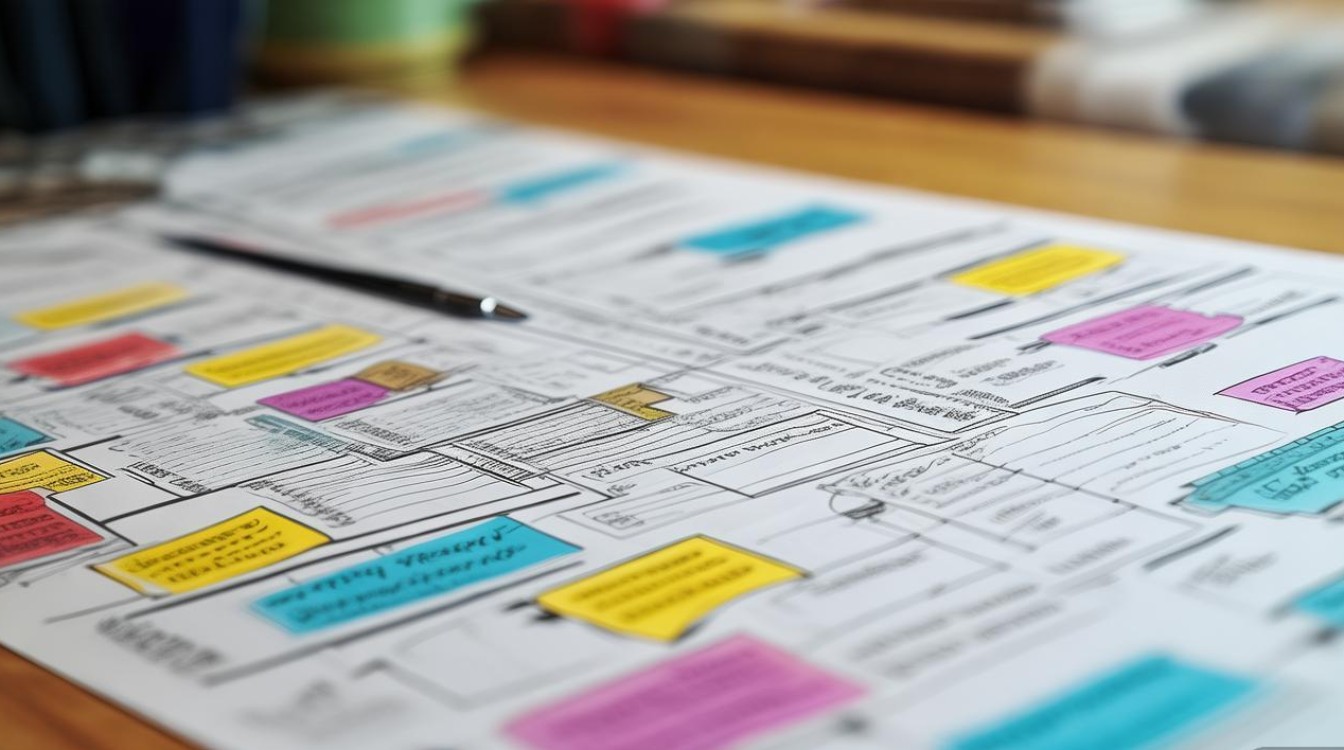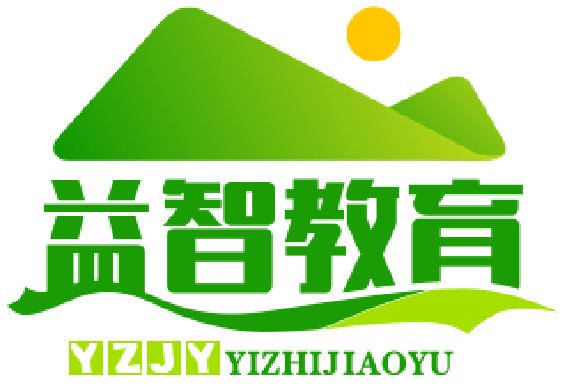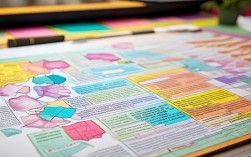初一英语(上册)核心知识思维导图
中心主题:七年级英语上册

第一部分:基础知识
-
字母
- 26个英文字母
- 认读与书写(大小写)
- 顺序(Aa, Bb, Cc... Zz)
- 字母分类
- 元音字母: Aa, Ee, Ii, Oo, Uu (5个)
- 辅音字母: 剩下的21个
- 字母发音
- 元音发音: /eɪ/ (A), /i:/ (E), /aɪ/ (I), /əʊ/ (O), /ju:/ (U)
- 常见辅音发音: /b/, /p/, /t/, /d/, /k/, /g/, /f/, /v/, /s/, /z/, /m/, /n/, /l/, /h/, /r/, /w/, /j/
- 26个英文字母
-
音标
- 国际音标: 48个音素
- 元音音素 (20个)
- 单元音: 12个 (e.g., /iː/, /e/, /æ/, /ɒ/, /ʌ/, /ɔː/, /uː/, /ʊ/, /ɑː/, /ɪ/, /ə/)
- 双元音: 8个 (e.g., /eɪ/, /aɪ/, /ɔɪ/, /əʊ/, /aʊ/, /ɪə/, /eə/, /ʊə/)
- 辅音音素 (28个)
- 清辅音: /p/, /t/, /k/, /f/, /s/, /θ/, /ʃ/, /tʃ/, /tr/, /ts/
- 浊辅音: /b/, /d/, /g/, /v/, /z/, /ð/, /ʒ/, /dʒ/, /dr/, /dz/, /m/, /n/, /ŋ/, /l/, /r/, /h/, /w/, /j/
-
标点符号
- 句号
- 逗号
- 感叹号
- 问号
- 撇号 (所有格, 如 Tom's book)
- 双引号 (引述)
第二部分:词汇
-
人称代词与物主代词
- 人称代词: I, you, he, she, it, we, they
- 物主代词
- 形容词性物主代词: my, your, his, her, its, our, their (后面必须加名词)
- 名词性物主代词: mine, yours, his, hers, its, ours, theirs (单独使用,相当于名词)
-
数字
- 0-12: zero, one, two, ..., twelve
- 13-19: thirteen, fourteen, ..., nineteen (以-teen结尾)
- 20-90: twenty, thirty, ..., ninety (以-ty结尾)
- 21-99: 21 (twenty-one), 35 (thirty-five) (几十几,用连字符)
- 100: one hundred
- 应用: 电话号码、年龄、价格、年份等
-
颜色
red, blue, yellow, green, black, white, purple, orange, pink, brown, gray/grey
-
名词
- 专有名词: 人名、地名、星期、月份首字母大写 (e.g., Lucy, China, Monday, September)
- 普通名词
- 可数名词: 有单复数形式
- 规则复数: -s, -es, -ies, -ves (e.g., book-books, box-boxes, baby-babies, leaf-leaves)
- 不规则复数: man-men, woman-women, child-children, foot-feet, tooth-teeth
- 不可数名词: 没有复数形式 (e.g., water, milk, rice, bread, money, information)
- 可数名词: 有单复数形式
-
动词
- Be动词: am, is, are (初一核心)
- 实义动词: have/has, like, play, go, see, watch, read, sing, dance...
- 情态动词: can (能,会)
-
形容词
描述事物特征 (e.g., good, bad, long, short, big, small, tall, short, new, old, happy, sad)
-
其他
- 方位介词: in, on, under, near, behind, next to
- 疑问词: what, who, where, when, why, how
- 连词: and, but, or
第三部分:语法
-
Be动词 (am, is, are) 的用法
- 口诀: 我用am,你用are,is用于他/她/它,单数is,复数are。
- 肯定句: 主语 + am/is/are + ...
- I am a student.
- He is my friend.
- They are in the classroom.
- 否定句: 主语 + am/is/are + not + ...
- I am not a teacher.
- She is not from England.
- 一般疑问句: Am/Is/Are + 主语 + ...?
- Are you Tom? -> Yes, I am. / No, I'm not.
- Is it a cat? -> Yes, it is. / No, it isn't.
- 特殊疑问句: 疑问词 + am/is/are + 主语 + ...?
- Where is your book? -> It's on the desk.
- How old are you? -> I'm twelve.
-
名词单复数
- 可数名词复数作主语: 谓语动词用 are。
- They are boys.
- The books are on the table.
- 不可数名词: 看作单数,谓语动词用 is。
- Water is important.
- The milk is white.
- 可数名词复数作主语: 谓语动词用 are。
-
人称代词与be动词的搭配
- I am
- You/We/They are
- He/She/It is
-
含有实义动词的句子
- 当主语是I/You/We/They时,动词用原形。
- I like apples.
- They play football.
- 当主语是He/She/It时,动词用第三人称单数形式 (通常加-s/-es)。
- He likes music.
- She plays the piano.
- It has a long tail.
- 当主语是I/You/We/They时,动词用原形。
-
情态动词 Can
- 表示能力: 能,会
- 结构: 主语 + can + 动词原形 + ...
- 肯定句: I can swim.
- 否定句: I can't (cannot) swim.
- 疑问句: Can you swim? -> Yes, I can. / No, I can't.
- 回答: Yes, ... can. / No, ... can't.
第四部分:功能与话题
-
Unit 1: Making Friends (认识新朋友)
- 句型:
- What's your name? -> My name's...
- I'm... / I'm from...
- Nice to meet you.
- 词汇: name, is, am, from, China, Japan, etc.
- 句型:
-
Unit 2: Family Members (家庭成员)
- 句型:
- Who's he/she? -> He's/She's...
- Who're they? -> They're...
- This is my... / These are my...
- 词汇: father, mother, parent, brother, sister, grandfather, grandmother, grandparent, family.
- 句型:
-
Unit 3: Things in the Classroom (教室物品)
- 句型:
- What's this/that? -> It's a/an...
- What are these/those? -> They're...
- Where is/are...? -> It's/They're in/on/under...
- 词汇: pen, pencil, book, ruler, eraser, box, schoolbag, desk, chair, etc.
- 句型:
-
Unit 4: Colors & Things (颜色与物品)
- 句型:
- What color is it? -> It's...
- What color are they? -> They're...
- 词汇: colors, red, blue, yellow, etc.
- 句型:
-
Unit 5: Food & Drinks (食物与饮料)
- 句型:
- Do you like...? -> Yes, I do. / No, I don't.
- I like... / I don't like...
- What do you like for breakfast/lunch/dinner?
- 词汇: hamburger, salad, ice cream, banana, apple, orange, milk, bread, egg, rice, chicken, etc. (区分可数与不可数)
- 句型:
-
Unit 6: Hobbies & Abilities (爱好与能力)
- 句型:
- What can you do? -> I can...
- Can you...? -> Yes, I can. / No, I can't.
- I like playing basketball.
- 词汇: sing, dance, swim, draw, play chess, play basketball, read, etc.
- 句型:
第五部分:听说读写技能
-
听力
- 技巧: 抓关键词、预测内容、注意听数字、人名、地点。
- 练习: 听对话、听短文、听指令。
-
口语
- 技巧: 大胆开口、模仿语音语调、积极参与课堂活动、与同学练习对话。
- 重点: 日常问候、自我介绍、描述物品、谈论喜好和能力。
-
阅读
- 技巧: 略读(了解大意)、寻读(找特定信息)、根据上下文猜词义。
- 练习: 阅读课文、小故事、简单的海报和通知。
-
写作
- 技巧: 模仿范文、注意句子结构(主谓宾)、正确使用标点、书写工整。
- 练习: 写句子、写短文(如:自我介绍、我的家庭、我的爱好)。
如何使用这份思维导图?
- 课前预习: 看着导图,了解新课的整体框架,知道要学什么。
- 课堂笔记: 在对应的分支上补充老师讲的重点、例句和你的疑问。
- 课后复习: 每天或每周花时间回顾导图,用自己的话复述每个知识点。
- 考前总览: 考试前,快速过一遍整个导图,查漏补缺,确保所有核心都已掌握。
希望这份详细的思维导图能帮助你更好地学习初一英语!加油!











